Achieving a radiant, even-toned complexion is a common skincare goal for many individuals, especially those affected by various skin conditions. Skin diseases can cause uneven pigmentation, discoloration, and texture irregularities, impacting self-confidence and overall well-being. Proper Skin Diseases Treatment in Abu Dhabi plays a crucial role in restoring the skin’s natural harmony, providing both aesthetic and health benefits. This comprehensive guide explores how targeted treatments can effectively improve skin tone, address underlying issues, and promote healthier, more uniform skin.
Understanding Skin Diseases and Their Impact on Skin Tone
Common Skin Conditions Affecting Skin Tone
Numerous skin conditions can lead to uneven pigmentation and discoloration. Conditions such as hyperpigmentation, melasma, acne scars, eczema, psoriasis, and rosacea are prevalent examples. These ailments often cause dark spots, red patches, or rough patches, resulting in an inconsistent skin appearance. Recognizing the characteristics of these conditions is essential for selecting appropriate treatment options that aim to restore a balanced skin tone.
The Underlying Causes of Skin Discoloration
Discoloration and uneven tone often stem from complex factors, including genetic predisposition, environmental exposure, hormonal changes, and inflammation. Excess melanin production, skin inflammation, or damage to the skin’s surface can all contribute to the development of pigmentation irregularities. Addressing these root causes is vital for effective treatment, ensuring long-term improvement rather than temporary concealment.
How Skin Diseases Treatment Restores Even Tone
Targeted Therapies for Pigmentation Correction
Modern skin treatments utilize advanced technologies and formulations to effectively target pigmentation issues. Procedures such as chemical peels, laser therapy, and microdermabrasion work by removing damaged skin layers, promoting cell turnover, and reducing melanin deposits. These approaches help diminish dark spots, fade hyperpigmentation, and encourage the growth of fresh, evenly pigmented skin.
Role of Topical Treatments and Medications
In addition to procedural interventions, topical agents like lightening creams, retinoids, and antioxidants play a significant role in restoring skin tone. These formulations work by inhibiting melanin synthesis, reducing inflammation, and supporting skin regeneration. Consistent use under professional guidance can lead to gradual, visible improvements in skin uniformity.
Importance of Addressing Underlying Conditions
Treating skin diseases that cause discoloration involves managing the primary condition itself. For example, controlling eczema or psoriasis reduces inflammation and prevents further pigmentation irregularities. Proper diagnosis and comprehensive management ensure that the treatment not only improves appearance but also promotes overall skin health and resilience.
The Role of Lifestyle and Skincare in Maintaining Even Tone
Sun Protection and Its Significance
Sun exposure is a major factor in exacerbating pigmentation and uneven tone. Regular use of broad-spectrum sunscreens, wearing protective clothing, and avoiding peak sunlight hours are essential steps in preventing further discoloration. Sun protection complements clinical treatments by safeguarding the skin during the recovery process and maintaining results.
Healthy Diet and Hydration
A balanced diet rich in vitamins, antioxidants, and hydration supports skin healing and regeneration. Nutrients such as vitamins C and E, zinc, and omega-3 fatty acids help combat oxidative stress, reduce inflammation, and promote an even complexion. Proper hydration maintains skin elasticity and facilitates the removal of toxins, enhancing treatment outcomes.
Consistent Skincare Routine
Establishing a personalized skincare regimen that includes gentle cleansing, exfoliation, moisturizing, and targeted treatments helps sustain an even skin tone. Regular professional consultations ensure that skincare products and routines are optimized based on individual skin needs and responses to treatment.
Advances in Skin Disease Treatments for Even Skin Tone
Innovative Technologies Enhancing Treatment Outcomes
Recent advancements have introduced non-invasive procedures like intense pulsed light (IPL), radiofrequency therapies, and fractional laser treatments. These technologies precisely target pigmentation deposits, stimulate collagen production, and improve skin texture. Their minimally invasive nature allows for effective results with minimal downtime, making them popular choices for skin tone correction.
Customized Treatment Plans for Optimal Results
Personalized treatment approaches consider the specific skin condition, severity, and individual skin type. Combining different modalities—such as laser therapy with topical agents—can enhance efficacy and accelerate results. Regular monitoring and adjustments ensure that treatments align with evolving skin needs, maximizing the potential for an even, luminous complexion.
Preventive Measures and Long-term Maintenance
Consistent Follow-up and Monitoring
Post-treatment maintenance is crucial for sustaining results. Regular follow-up appointments allow professionals to assess progress, address any concerns, and modify treatment plans as needed. Continuous monitoring helps prevent recurrence of pigmentation issues and ensures ongoing skin health.
Lifestyle Adjustments for Long-lasting Results
Adopting a healthy lifestyle, including avoiding smoking, managing stress, and maintaining proper skincare habits, contributes significantly to long-term skin health. Protecting the skin from environmental damage and adhering to professional advice helps preserve the clarity and evenness achieved through treatment.
FAQs about Skin Diseases Treatment and Skin Tone Restoration
1. How long does it take to see noticeable improvements in skin tone after treatment?
Improvements can vary depending on the specific condition and treatment modality, but most individuals notice visible changes within a few weeks to a few months with consistent care and adherence to recommended routines.
2. Are there specific skincare products recommended during treatment to enhance results?
Yes, professionals often recommend products containing ingredients like vitamin C, niacinamide, or glycolic acid to support pigmentation reduction and skin renewal. These should be used as part of a tailored skincare plan under expert guidance.
3. Can lifestyle changes alone improve skin tone issues caused by skin diseases?
While lifestyle factors such as sun protection, diet, and hydration significantly support skin health, they are most effective when combined with targeted treatments for underlying skin conditions. A comprehensive approach yields the best results.
4. Is it necessary to undergo multiple treatment sessions to achieve an even skin tone?
Typically, achieving optimal results involves multiple sessions, especially for conditions like hyperpigmentation or scars. The number and frequency depend on individual circumstances and treatment goals, with professional guidance ensuring safe and effective progress.

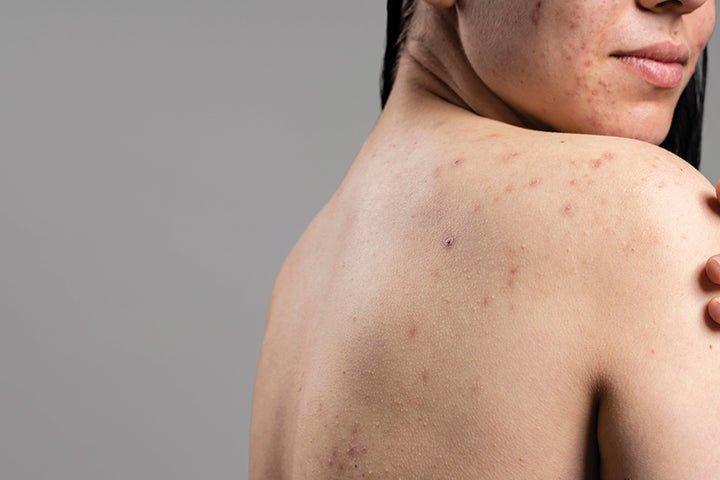


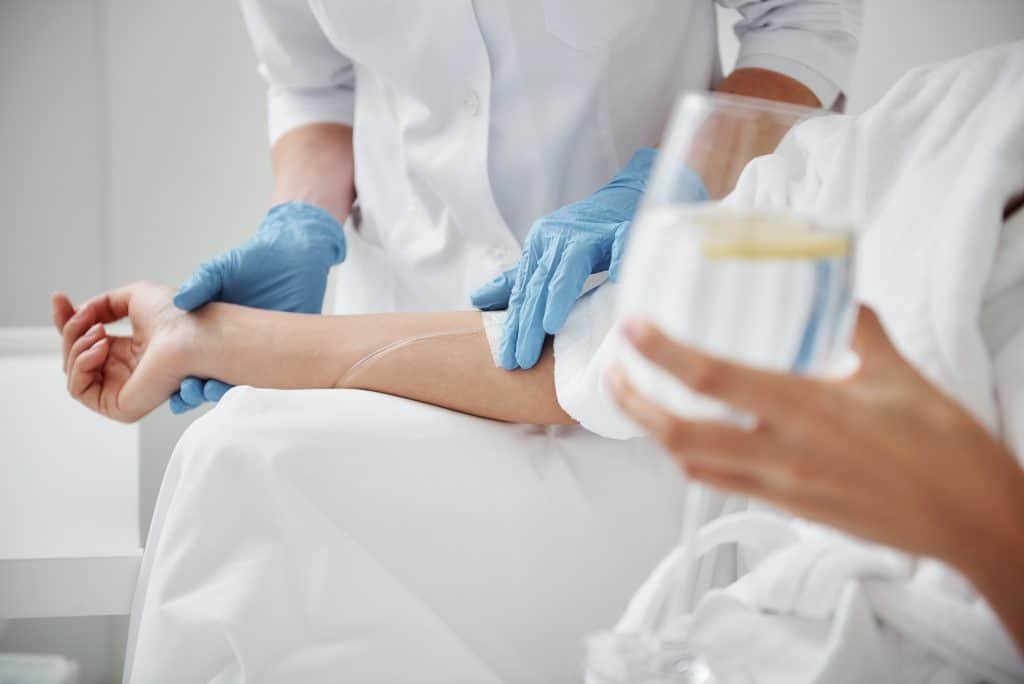
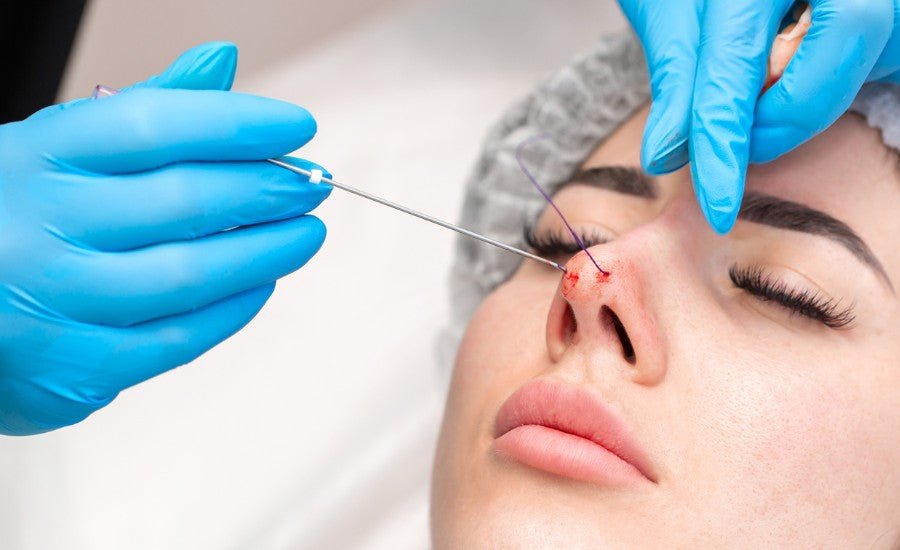
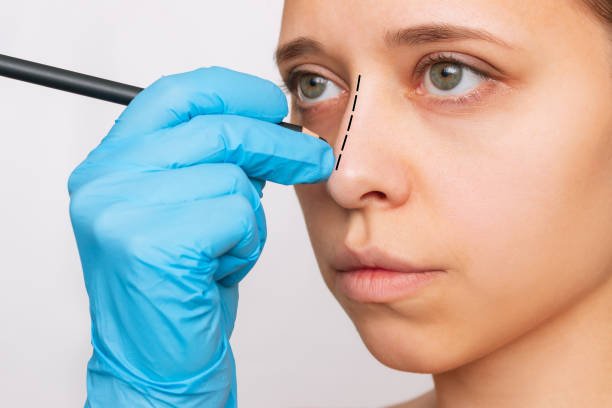
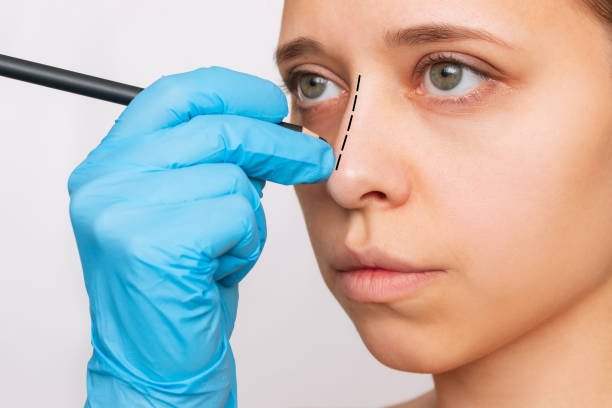
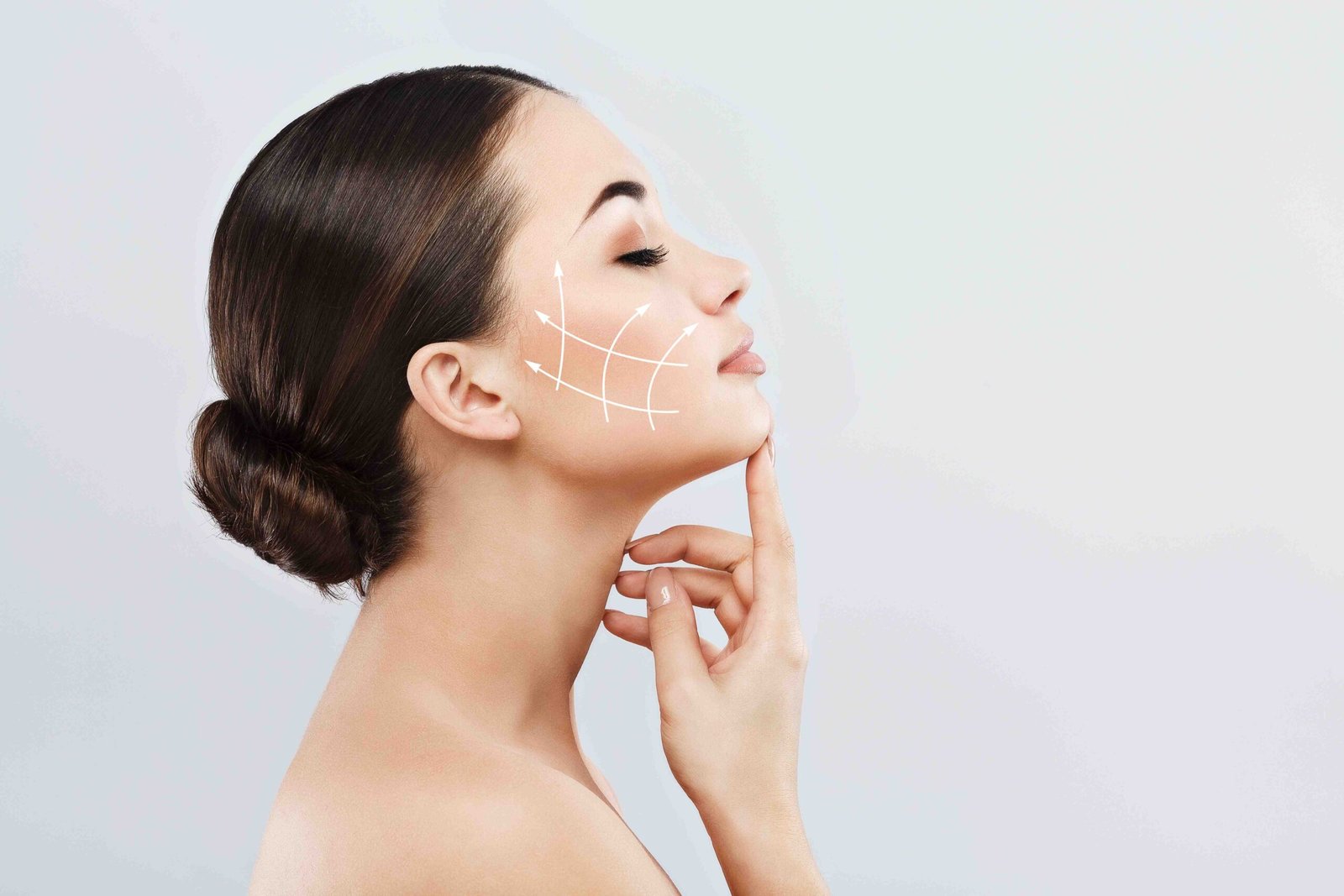
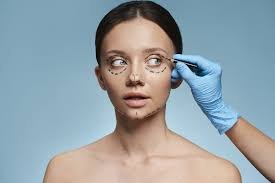

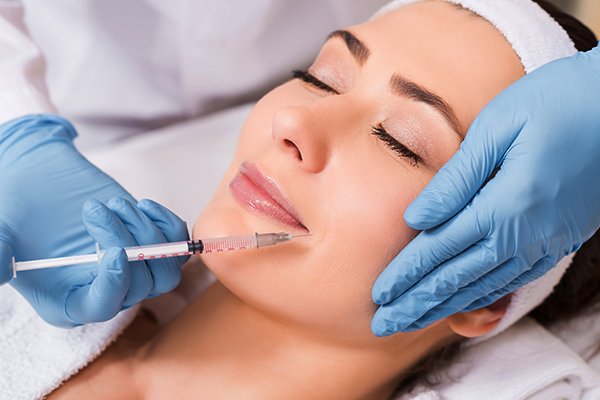




Leave a Reply